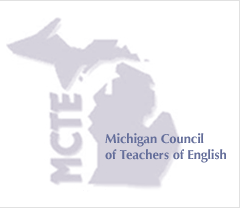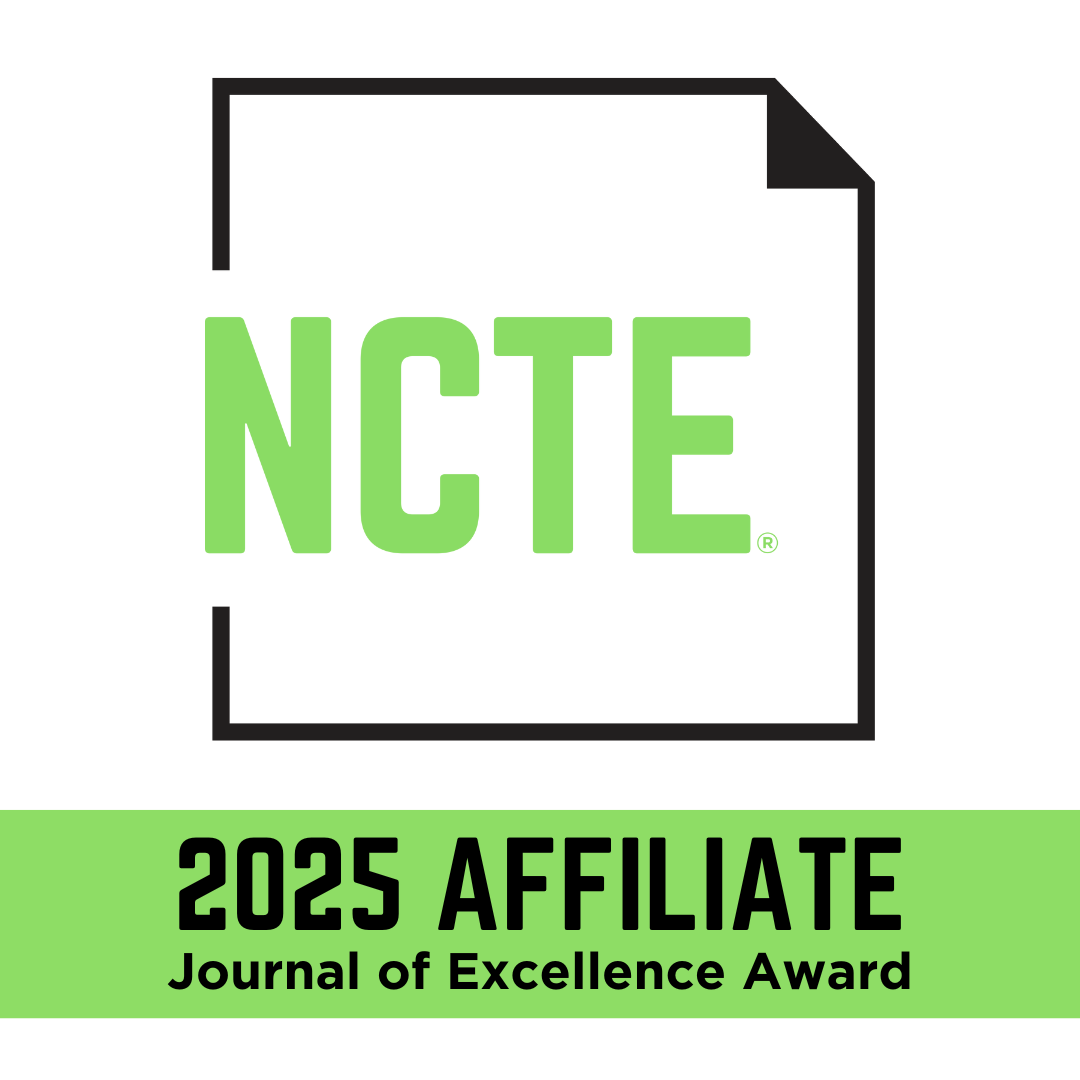Abstract
When a group of rural teens meet regularly out-of-school to write for social change in their communities, they inquire into those recent moments when they did or did not choose to speak up. This article describes some of the conceptual tools and practical classroom implications for three teachers who participate with SpeakUP. In particular, this piece argues that when young people turn toward trouble together, specifically when they do or do not decide to speak up, they can identify their assumptions and expectations, notice how power is working in both visible and invisible ways, and consider multiple possibilities for future responses in similar situations.
Recommended Citation
Fredricksen, James E.; Micheletty, Amanda; and Darlinton, Nicholas
(2018)
"SpeakUP: The Power of Writing and Turning Toward Trouble with Young People,"
Language Arts Journal of Michigan:
Vol. 34:
Iss.
1, Article 5.
Available at: https://doi.org/10.9707/2168-149X.2197
Publication Date
8-2018

